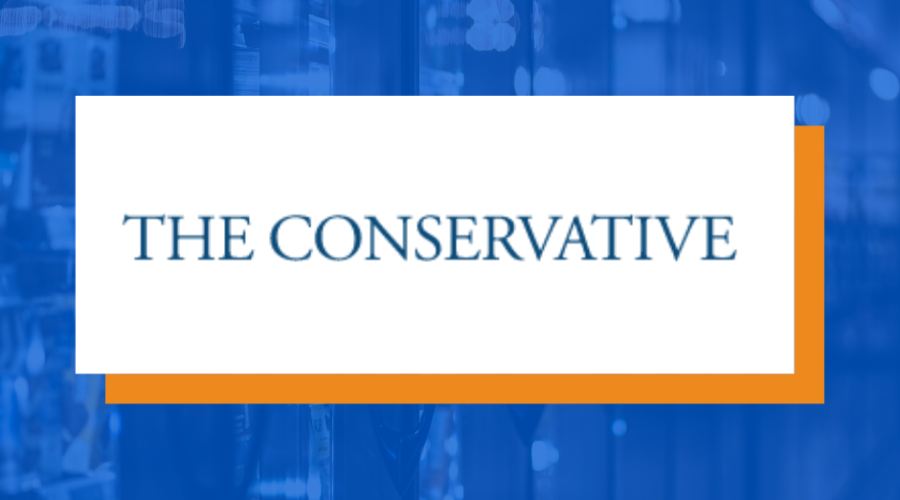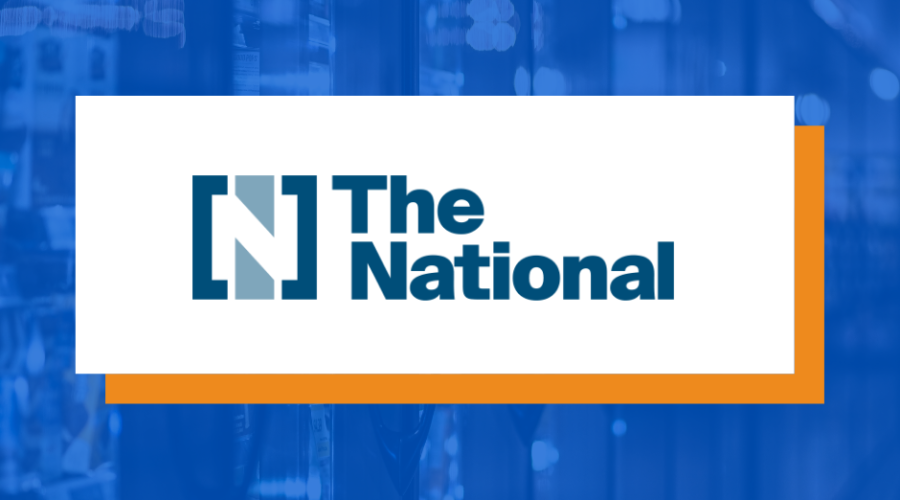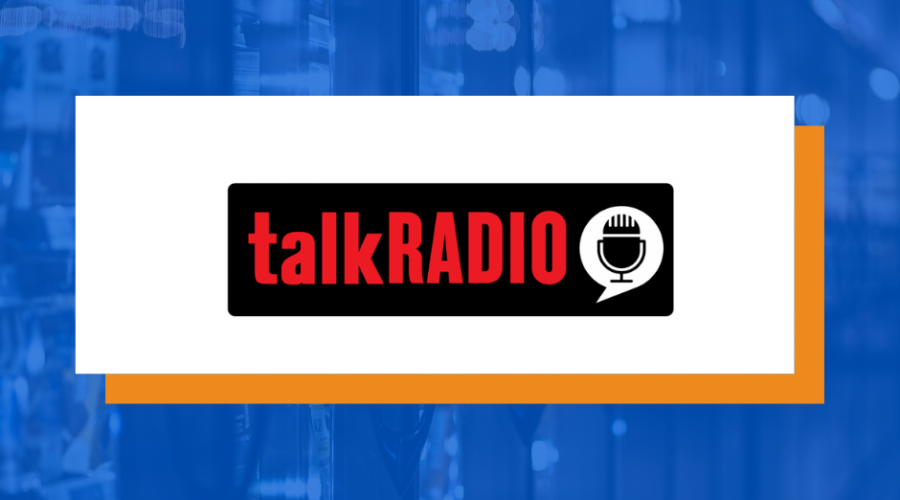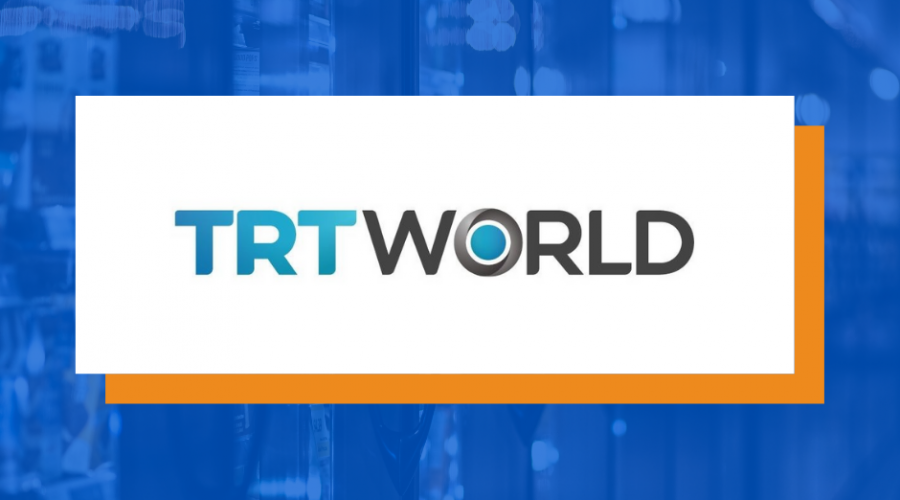UAE and Israel’s COVID success: lessons for the EU
Now with the pandemic hopefully approaching its end, it is time for reflection and thorough analysis of emerging case studies.
Both the US and EU had hard time adjusting their health systems to the COVID-19 crisis, effectively scaling up testing early on and overcoming the pre-existing regulatory burdens. Countries such as Israel and the UAE avoided such mistakes though.
Based on the findings of the recently published Consumer Choice Center’s Pandemic Resilience Index 2021, Israel and the UAE were found to be the most pandemic resilient countries. Both countries lead the global vaccination and testing efforts. As of March 31st, 2021, the average number of daily tests conducted in the UAE was 8.29 which was almost three times higher than France, Finland, Ireland, and Portugal.
Since the start of the pandemic, testing services have been extensively available across the UAE. Using the most up to date facilities and testing systems, Abu Dhabi Health Services (SEHA) and Abu Dhabi Department of Health put in place drive through testing services to stop the spread, and testing every two weeks has been encouraged. In March 2020, a massive laboratory was built in just 14 days to scale up the testing.
The UAE has also successfully leveraged digital technologies to tackle the pandemic. Chat-bots as well as various apps were developed and introduced to mitigate the consequences of a health disaster. For example, the “Doctor for every citizen” app was made available to facilitate communication between the public and doctors.
Israel is a clear winner when it comes to the speed of vaccinations. As of March 31st, 60.64 per cent of the population of Israel received at least one dose of vaccine which is mainly the reason why Israel heads the Pandemic Resilience Index, Israel’s COVID-vaccination campaign kicked off 17 days later than that of the UK (the first country in the world to authorise Pfizer/BioNTech’s COVID-19 vaccine). For comparison, it took most EU countries more than 20 days more than the UK to do that. In the case of the Netherlands – 37 days longer.
Israel, on the other hand, has neither the highest number of ICU beds per 100k people nor a very high average number of new COVID tests per thousand people. However, the number of ventilators available per 100k people in Israel is 40, which is much higher than, for example, Poland, Greece, Latvia, Malta, Ireland.
The United Arab Emirates comes in second mainly because of its vaccination rate. As of March 31st 2021, UAE administered 84 doses of vaccines per 100 people. Regarding the start of the vaccination, the UAE took over the EU in terms of vaccination by about 10 days. The UK and the US (53 and 45 doses respectively) follow the UAE. The remainder of the countries analysed, are significantly behind.
However, no one is truly out of the pandemic unless everyone is out. Israel and UAE are the pandemic success stories but the rest of the world needs to catch up so that we can all get back to some normality. Health resilience, and in particular, the ability to foresee future crises and make the necessary precautions are crucial, and EU’s mistakes such as slow vaccine rollout and testing, have proven to be costly. Moving forward, the Union and member states need to act in a smarter way, following the example of Israel and the UAE.
Originally published here.











